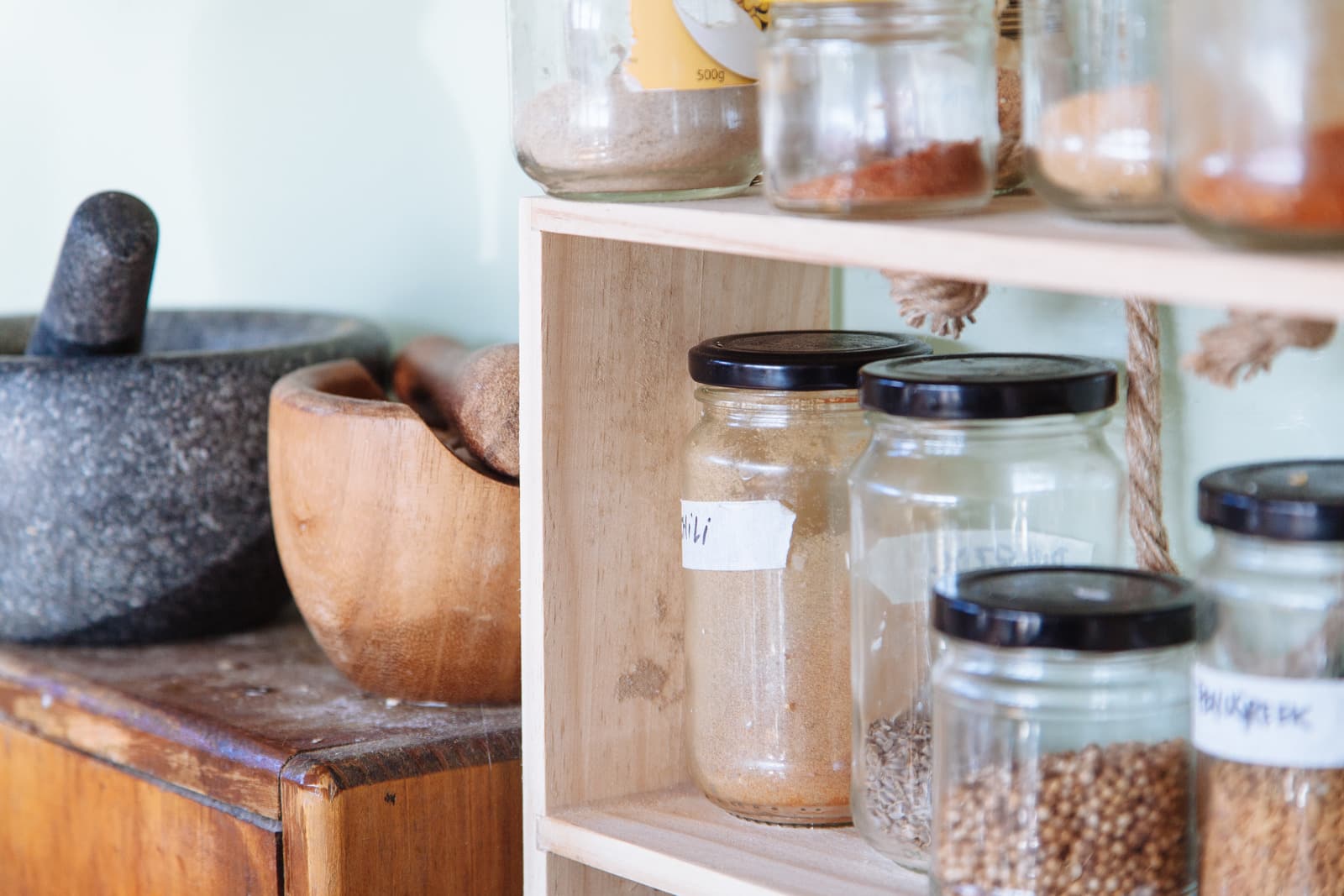Studies link diets high in plant antioxidants with longevity, heart health and even cancer prevention. But, even though fruits and vegetables are the first thing that comes to mind when we talk about these protective compounds, don’t overlook herbs and spices.
Science shows that these zesty seasonings can significantly contribute to your total intake of health-protective antioxidants. One recent analysis of more than 3,100 different foods found that culinary herbs and spices have the highest antioxidant content of all foods. Case in point: just one-half teaspoon of cloves has a higher level of antioxidants than one-half cup of blueberries or cranberries.
But herbs and spices aren’t just about antioxidants. They also contain other healthful properties. Many spices occupy a special health niche because they are anti-inflammatory. Most chronic diseases have been found to be a result of low grade chronic systemic inflammation, including cancer, heart attacks, diabetes and Alzheimer’s disease. Spices can help thwart the chronic low-level inflammation linked to these diseases. And, unlike many anti-inflammatory drugs, spices have safely been consumed for thousands of years with no side effects.
Spices work synergistically. In one study published in Breast Cancer Research and Treatment, researchers found that combining curcumin from turmeric with piperine from black pepper decreased breast cancer stem cells. Spices can also increase the antioxidant capacity of other fruits and vegetables. A study published in the British Journal of Nutrition in 2005 found that salad dressings containing herbs and spices can increase the antioxidant capacity of the entire salad.
Here's some of my favorites:
Cinnamon: This warming spice has more to offer than its characteristic aroma and flavor. It’s been shown to have antioxidant and antimicrobial properties. It also plays a role in lowering blood glucose in diabetics.
Garlic: This pungent herb is key to cardiovascular health. Studies show that it reduces the stickiness of platelets and helps keep blood pressure in a healthy range. Garlic has also shown antibacterial, antiviral and antifungal activity in countless studies. Human studies suggest that eating garlic regularly reduces the risk of esophageal, stomach, and colon cancer. This may be partly due to garlic's ability to reduce the formation of carcinogenic compounds. It also helps rid the body of mercury.
Oregano: This Italian staple is also a powerful antimicrobial and antifungal. Research confirms that oregano can help eradicate food-borne pathogens. One Brazilian study recently found that oregano also stopped a wide variety of Candida strains – including vaginal yeast infection and thrush.
Rosemary: Prized throughout history for its medicinal properties, rosemary is rich in polyphenols – plant compounds that are strong antioxidants. One of the volatile oils in rosemary, eucalyptol, is a powerful antibacterial that also relaxes smooth muscles in the lungs. Another compound – carnosol – may also inhibit cancer formation.
Tumeric: Responsible for the deep yellow color of curry, the secret to this spice is its curcumin content. An antioxidant and anti-inflammatory, a growing number of studies show that curcumin has a protective effect against cancer, diabetes, arthritis and Alzheimer’s disease.
Bon Appetite!
* These statements have not been evaluated by the Food and Drug Administration. The product mentioned in this article are not intended to diagnose, treat, cure, or prevent any disease. The information in this article is not intended to replace any recommendations or relationship with your physician. Please review references sited at end of article for scientific support of any claims made.



















1 Comment
This is great! I love cooking with all these spices!
Share: